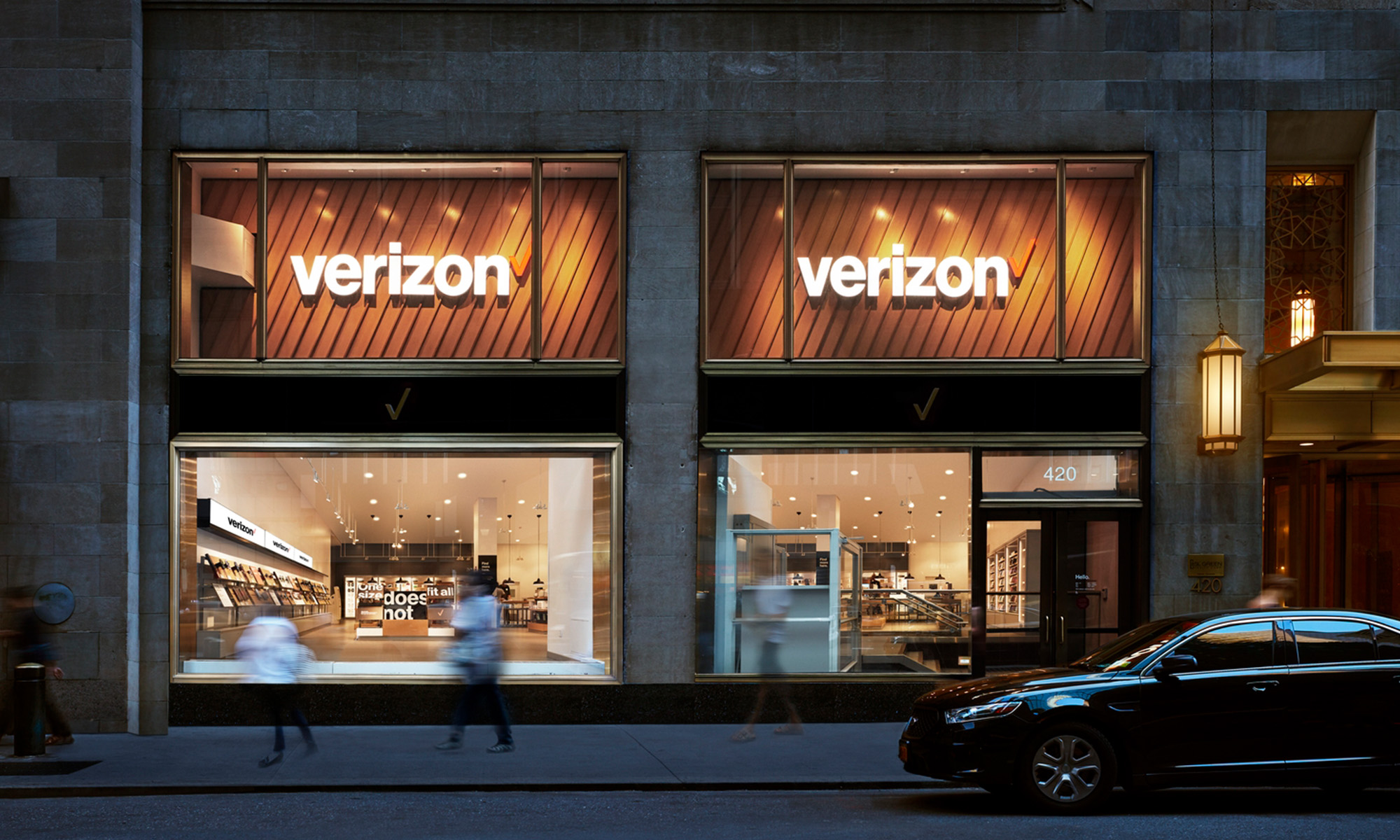The Yankee Group, a technology research firm that believes that ubiquitous connectivity is changing our lives in fundamental ways, just released a report on TV delivered via the Internet, or IPTV. The report portrays the fiber-optic networking initiatives of Verizon (NYSE:VZ) and AT&T (NYSE:T) as "game changers," forcing cable and satellite broadcast operators to alter the way they do business.
Sure, the telecoms account for a very small slice of the TV-consumer cake today, with a combined total of about 1.2 million subscribers. That's tiny next to 24 million Comcast (NASDAQ:CMCSA) cable users, 15 million of whom have digital cable, with access to tasty trimmings like video on demand (VOD). DirecTV (NASDAQ:DTV) has nearly 17 million customers, all of whom are digital subscribers by necessity. But for satellite providers, video on demand (VOD) becomes an IPTV service that requires a landline for high-speed Internet service -- a landline that would typically be Verizon or AT&T. How delicious.
The Yankees envision nearly 10 million telco IPTV subscribers by 2011, compared to 61 million cable users and 31 million satellite hookups.
The name of the game
IPTV today looks and feels a lot like a decent cable connection, with much the same set of TV channels, triple-play extras, and interactive services that start and stop with simple VOD. But that will change soon enough.
By dint of the massive bandwidth available in fiber-optic connections, the homes at the end of the line should be able to do things a cable subscriber could only dream of. Yankee expects Verizon's FiOS to become much more interactive as a result, including "a significant selection of casual games, a series of fantasy sports applications, as well as an expansion of its existing widgets that will be increasingly supplied by third-party vendors."
Wanna search and surf the Web on your standard set-top box? I'm sure Google (NASDAQ:GOOG) or Yahoo! (NASDAQ:YHOO) would be happy to develop a FiOS-tuned interface. I know for a fact that Netflix (NASDAQ:NFLX) would love to have its streaming movie service available on the hardware you'd use every day anyway.
That kind of flexibility could become a mighty powerful selling point for prospective customers.
S.O.S.
Comcast and its cable compatriots must eventually fight back. Improve the user experience with better set-top software, upgrade aging cable systems to state-of-the-art high-speed standards that can rival Verizon, focus on improved customer service -- cable operators need to do whatever it takes to keep their precious, precious subscribers.
Naturally, the IPTV providers won't sit still, and they should continue to make their own services more attractive over time. After another couple of years of evolving mobile network technology, Verizon should be able to link your FiOS TV channels to the cell phone in your pocket, for example. Hey, it owns the mobile network, too! Remember what I said about "ubiquitous connectivity?" We're really, really talking about ubiquity here. And the cable and satellite companies will have a hard time pulling off that particular trick.
Waterloo
The Yankee Group's arguments not only make sense to me, but indeed echo a lot of my own vision of our gadgety future. Consuming entertainment will soon be very different from today's clunky, restricted, largely earthbound experience. Buy once, enjoy anywhere, at any time, in whatever medium feels good to you. Convenience is king, and consumer choice its queen. And the telcos have an entire royal family ready to usurp the current cable czars, if you give them a few years.
Further Foolishness:









